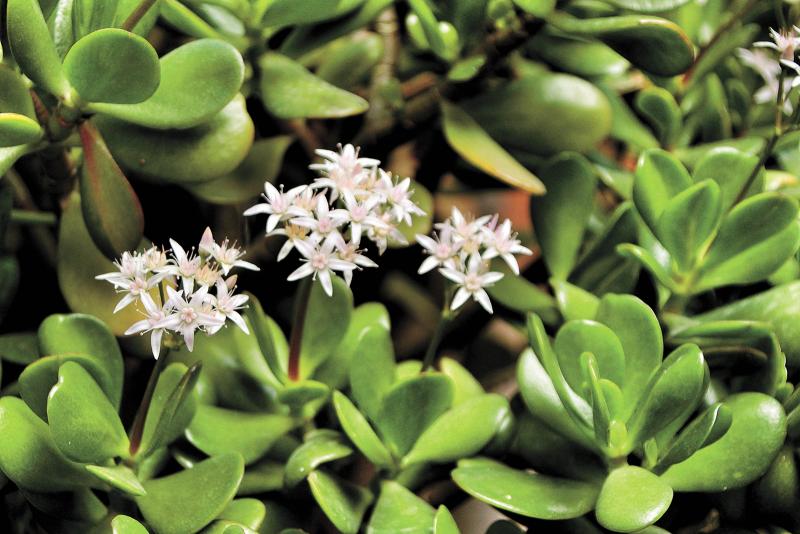For some of us, coffee is a magic drink that lets us get gardening done quicker, and for some, drinking coffee just means we do dumb things even faster and with more energy.
In moderation, drinking coffee can give us a longer life span, along with a reduced risk of cardiovascular disease, type 2 diabetes, and Parkinson's disease. Coffee, cool and black with no sugar or milk, is also great for many plants, especially acid-loving houseplants such as African violets (Saintpaulia spp), Cyclamen (Cyclamen persicum), impatiens, Norfolk Island pines, Christmas cactus (Schlumbergera bridgesii), jade plant (Crassula ovata), spider plants, Phalaenopsis orchids, and Dieffenbachia. All seem to respond well to a weekly watering with coffee. Coffee has a pH of 5.2 to 6.9. The lower the pH, the more acid; so most coffee is very acidic. Most plants grow best in soil that is slightly acid to neutral pH (5.8 to 7). Outdoors, pour your coffee onto azaleas, roses, rhododendrons, Siberian iris, lupine, and all evergreen trees. Avoid giving coffee to geraniums. You can also pour leftover coffee onto your compost pile.
Once you begin watering houseplants with coffee, watch them closely. If the leaves begin yellowing or their tips turn brown, it might be a sign that the coffee is making the soil too acidic. Always dilute your coffee with an equal amount of plain water.
Don't throw away the coffee grounds, either. Spread coffee grounds around the base of your outdoor plants to protect them from pests such as slugs. The high caffeine content and the rough, abrasive texture of coffee grinds may keep many crawling pests away.
Coffee grounds contain quite a bit of nitrogen, along with calcium, magnesium, potassium and other trace minerals. Apply a thin layer of coffee grounds around your plants, and top that with 2-4 inches of organic mulch, such as compost, leaves, shredded bark, wood chips or straw.
Coffee grounds help the soil retain water, and this means the plants will be able to get by with less watering. Coffee grounds add organic material to the soil, which lets water drain better. Unlike chemical fertilizers, leftover coffee slowly releases nutrients, allowing the soil to absorb them over a long time. Coffee grounds are organic matter, and adding them to your soil attracts earthworms. Worms will eat coffee grounds, and their castings are filled with nutrients that plants need.
So don't toss that leftover coffee. Instead, dilute it and use to feed your houseplants and roses. And in a nod to the film “Alien,” think of the astronaut making coffee onboard the International Space Station, who turns to his crewmate and says: "I can't find any milk for my coffee."
The crewmate replies: "In space, no one can; here, use cream."




















































